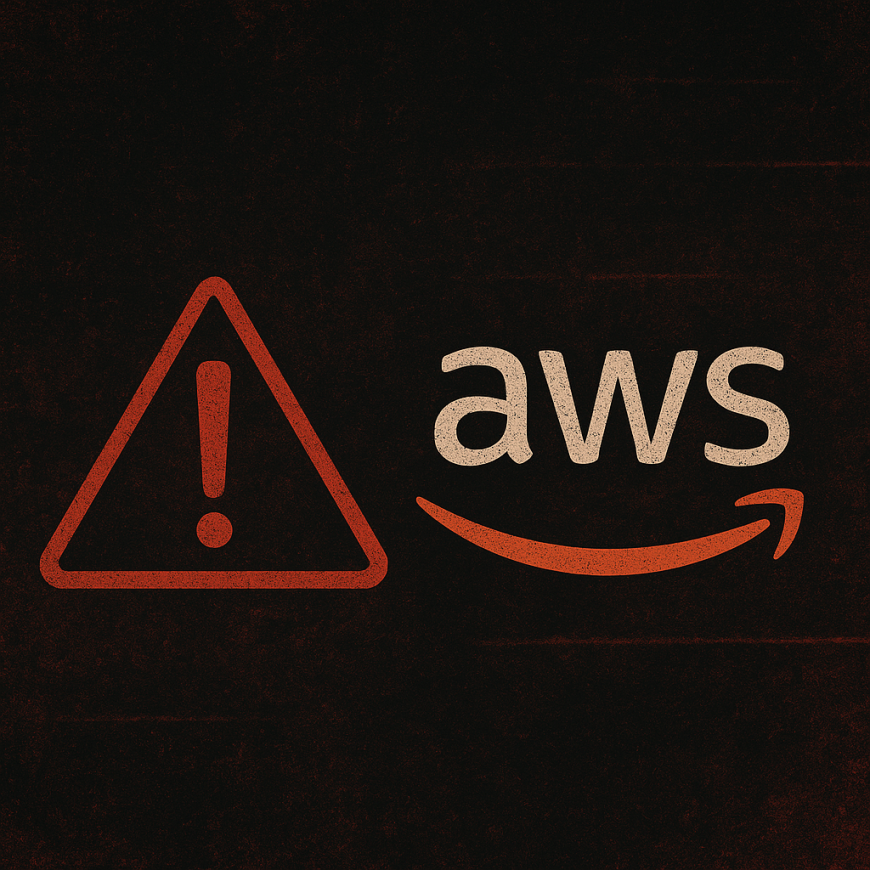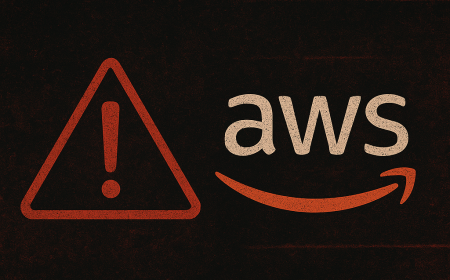When One DNS Fails: How a Single Cloud Messed Up Most of the Internet
A single DNS failure at Amazon Web Services took down major parts of the internet, proving how fragile global infrastructure really is. Millions lost access to banks, games, and apps because too many systems depend on one provider. LoadOut News breaks down how one cloud’s mistake exposed the world’s biggest digital weakness — and what needs to change before it happens again.

Why a DNS screw up hits so many people
DNS is the internet’s phonebook: it converts names you recognise (like bank.example) into machine addresses that actually deliver content. When DNS resolution fails, clients can’t find the address, which means no website, no API, no login. (Reuters)
Many modern services don’t just use DNS; they outsource whole stacks (compute, storage, databases, messaging) to cloud providers. If those providers can’t resolve names or route traffic correctly, loads of dependencies cascade into failure.
Put plainly: a lot of companies chose convenience and speed over redundancy. The result is a single DNS or routing error inside one major cloud region can disrupt millions of users worldwide. That’s not hyperbole, it’s what happened. (Wired)
Who got hurt
The outage didn’t discriminate by size. Social apps like Snapchat and Reddit, games like Fortnite and Roblox, messaging platforms like Signal, and finance apps including Venmo and various banks all went down. Even government services and airlines reported slowdowns or total failure. Anything touching AWS’s US-EAST-1 region felt it. (Washington Post)
Why this is a LoadOut problem
LoadOut is about gear you trust to survive and perform. Your digital loadout, the services you count on every day, must be treated the same way. If your critical apps live in one cloud region, you’ve put all your survival gear in one locker and handed the key to a stranger.
This outage is a reminder that resiliency costs money and discipline. Multi-region and multi-provider architectures, offline fallbacks, and explicit failure plans are the digital equivalent of carrying spare magazines, a medkit, and a secondary comms device. Cheap is convenient until it isn’t.
Real practical lessons
- Assume failure is inevitable. Design for it. Test failover regularly. Simulate outages.
- Diversify providers. Split critical services across different regions or DNS providers.
- Watch your DNS settings. Support quick failover and cache-friendly TTLs.
- Build offline-first experiences. Apps should work without constant server calls.
- Secure your access paths. Keep emergency logins and status pages on separate hosts.
- Communicate. Be transparent during outages. Silence breeds panic.
The policy angle
Regulators are already talking about whether AWS and similar firms should count as critical infrastructure. When private infrastructure runs banking, emergency systems, and government portals, failure becomes a national issue. Expect audits, stricter incident reporting, and redundancy rules. (The Guardian)
Don’t fall for the scapegoating
It’s easy to blame AWS, but the real problem is design and dependence. The cloud gave us incredible scalability and made too many companies forget that resilience is their own responsibility. The fix isn’t to demonise cloud providers, it’s to stop treating them like crystal balls that make risk disappear. Cost-cutting, complacency and convenience created this mess. (Reuters)
Final LoadOut stance
The internet didn’t die. Parts of it went offline because too many services leaned on the same weak point. That’s fixable, but only if developers, admins, and companies act now. Audit your dependencies. Add redundancy. Train for chaos. Because when the cloud goes dark, it’s your loadout that decides whether you survive.
Sources:
Reuters – Amazon says AWS cloud service back to normal after outage disrupts businesses worldwide
The Guardian – Amazon reveals cause of AWS outage
Wired – What the Huge AWS Outage Reveals About the Internet
What's Your Reaction?
 Like
0
Like
0
 Dislike
0
Dislike
0
 Love
0
Love
0
 Funny
0
Funny
0
 Angry
0
Angry
0
 Sad
0
Sad
0
 Wow
0
Wow
0







